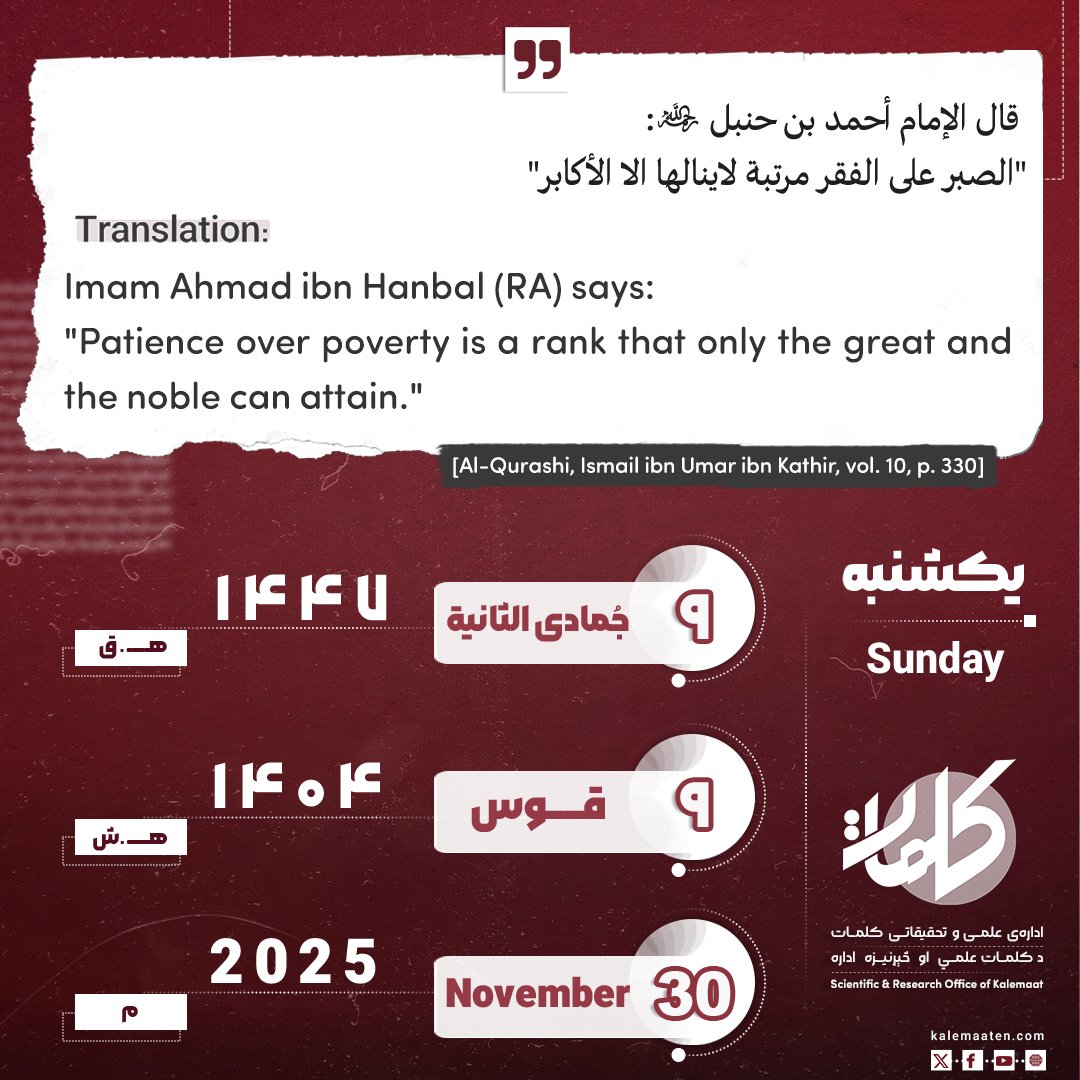
Author: Obaidullah Nimruzi
Philosopher of Afghanistan; Sayyed Jamal al-din Afghan (Part 36)
A Message from Abdullah Fikri to Sayyed Jamal al-din
When Jamal al-din was preparing to leave India, he learned that a group of people had spoken ill of him in the presence of the Egyptian monarch. Abdullah Fikri was there with one of Sayyed’s friends and defended him. As a result, he sent this message addressed to him: “Your Excellency, if I were to say that you have deviated from the truth—while your nature and innate character reject such deviation, and you grapple with hardships—then I would have turned my certainty into doubt. If I were to imagine that you have sided against reason and wisdom and turned away from justice—while I am convinced that you still walk on the path of truth and have not been excessive nor negligent—then I would have transformed my understanding of you into ignorance.
If I were to say that you belong to those who fear blame for speaking the truth and tremble before tyranny—while you confront oppressors head-on, never giving way to fear or confusion, even when false and destructive forces overwhelm you with peril—then I would be lying, and those who hear me would also consider me a liar.
For from the learned to the ignorant, from the wise to the foolish, all are in agreement about the purity of your nature and the clarity of your conscience. They all concur that wherever you are, virtues are present, and the truth follows you wherever you go. Even when forced or compelled, you never abandon the path of noble character. The foundation of your creation is goodness and blessing; evil never finds a way into your surroundings; no intentional wrongdoing is ever committed by you, and in rightful judgment and truthful testimony, you never falter.”
The End of the Message and Jamal al-din’s Future
“Despite all that has been said, you are fully aware of my actions and thoughts; nothing about me is hidden from you. Yet, I see that you did not defend the truth, which was your duty, nor did you uphold the bond and covenant which was incumbent upon you to respect. You concealed the truth, despite knowing well that I held no ill will toward the Khedive nor toward the people of Egypt. I bore no harm or resentment in my heart toward anyone. But you left me at the mercy of his sharp teeth—that officer who tore me apart like an aged beast—so he could vent his grudge against Sayyed Ibrahim Laqqani, and incite my enemies, the members of Abdul Halim Pasha’s faction, against me.
Such behavior was not expected from you, and it would not be assumed that someone of intellect and wisdom like you would fail to defend the truth.” “Though words fail me, I still firmly believe in your noble rank and moral stature. May God forgive the past—unless you now stand for truth, make honesty your principle, uphold the truth to dispel doubts and eliminate falsehood, and expose the wicked and the corrupters. I am hopeful and inclined to believe that for the sake of fulfilling your duty, justice, and righteousness, you will indeed do so. After these words, I must inform Your Excellency that I am going to London and from there to Paris. In closing, peace be upon you, and I pray for your well-being.” “I have sent ‘Aref’ (Aref Abutorab, Jamal al-din’s devoted servant who had accompanied him from Afghanistan) to visit Riyadh Pasha, the Prime Minister, and collect my belongings and books left in Egypt. I have also written to His Excellency the Prime Minister, explaining in detail the events that befell me in Egypt and the calamities I faced in India. Out of regard for your esteemed virtue and high regard, I request you to kindly pay attention to Aref and assist him in the task he has been entrusted with.” Was-Salam ‘Alaykum wa ‘ala Akhi al-Fadil al Bar Amin Bey
8th Safar, 1300 Hijri — Jamal al-din Afghani
But soon after this, Sayyed Jamal al-din learned that Abdullah Fikri had, in fact, defended him firmly and valiantly in that gathering.
Conclusion


